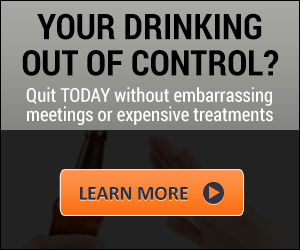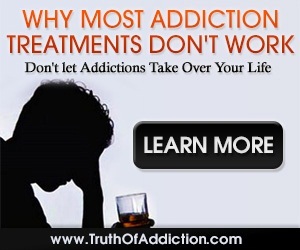Addiction – Treatment Is a Choice
People become victims of substance abuse for different and often inscrutable reason. But whatever these reasons are, it is undeniable that this problem wrecks havoc in the lives of its victims and the society. It is proven that there is a connection between the increasing crime rate and substance use. Other than being perpetrators of crimes, people under the influence of substances damage their own health. Cases of drug overdose, alcohol-driven accidents, and infections are common in emergency rooms, hospitals, and sadly, even morgues. But there is still hope for the family, friends, and the addicted individuals. Different addiction treatment programs are launched yearly by the government and other civilian organizations in hopes of promoting a healthier and peaceful society.
But addiction treatment is a delicate issue.
Substance dependents take a long time before accepting that they have a problem. Denial often delays seeking for treatment which often results in growing severity in the dependency. Even family and friends ignore warning signs of drug abuse or alcoholism in their loved ones because they simply can’t accept that the problem exists. Dependents and their families often think that they can solve or stop the habit by themselves. However, substance dependency is not just an excessive physical craving; it is also a psychological problem. Without professional help, the chances of recovery and avoiding relapse are very low to none.
Admittedly, there is no permanent cure for addiction. Recovery and treatment are continuos and life-long processes. But there are several ways to considerably lighten the burden. Support groups like Alcoholics Anonymous, Narcotics Anonymous, and community organizations with treatment programs guide dependents to recovery.
In joining these groups, dependents get the chance to relate and share experiences with persons battling the same problem. These groups are also facilitated by people who are experts in substance abuse counseling. A common practice in these groups is the surrender of the dependents to Higher Powers which guide them through the process. Dependents who undergo this form of recovery describe it as deeply spiritual and life-changing.
If surrendering oneself to another is not the dependent’s cup of tea, there is another treatment program that banks on individual power. The SMART Recovery addiction treatment rejects the Higher Power but instead urges individuals to find within themselves the strength to overcome their problem.
The treatment is abstinence-based – the individual has the competency to choose a better life over the substance he is addicted to.
No matter what form of addiction treatment a dependent follows, it is important to emphasize that no one becomes sober overnight. It is also important to stress that relapse is still a strong possibility. Substance abuse programs are only there to help, not to cure. Having a better life is a choice dependents have to make for themselves.



